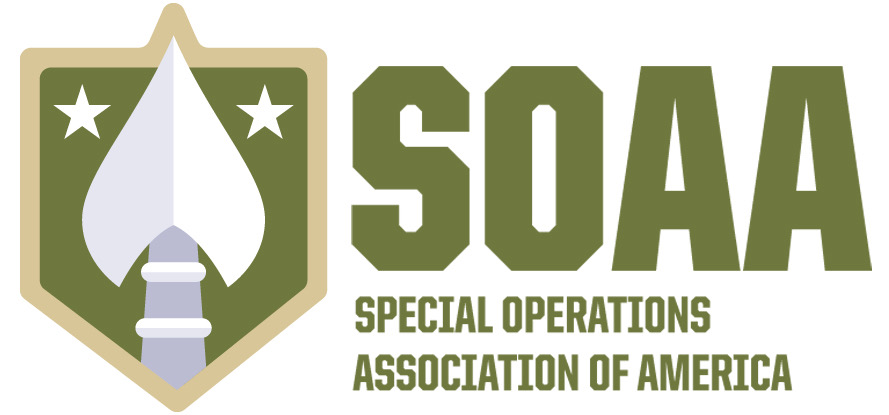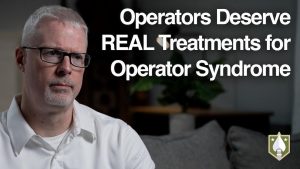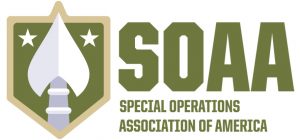A recent report conducted by a veteran non-profit suggests veteran suicides are underreported by more than half – from an already unacceptable 17, to 44 suicides a day. That is an alarming increase in daily suicides among a small population. The Department of Defense, Veteran Affairs, and the Center for Disease Control must focus their efforts on implementing solutions for the members of our most revered American institution – the men and women who make up our military.
While America is still the well-wisher of freedom and independence for all, we do send our military to occasionally seek out and destroy monsters abroad. What we saw and did along the way haunts us when no one is looking, when we should be sleeping, and even when it looks like we have everything under control. Despite that, you’d be hard pressed to find a veteran with regrets about their service.
If there is a treatment – or possibility of treatment – we owe it to those service members and veterans who are afflicted to implement solutions with the same tenacity they gave this nation. Promising research and testimonials have shown alternative treatments for the many leading causes of death by suicide. Post-traumatic stress (PTS), substance use disorders, and isolation conflate the chance of suicide, or suicidal thoughts, within the veteran population. Special Operations Forces (SOF), who bore the brunt of the last 20 years of counter-terror operations, are found to have a 30% higher suicide rate than conventional military. We must address this unacceptable trend in different ways – the current solutions are not working.
Promising alternative treatments are available to active-duty service members. Yoga, mindfulness meditation, and acupuncture have all been used to reduce PTS levels in service members returning from deployment or who have self-selected to be treated, but current suicide rates tell us we must keep pushing for more solutions. A body of research focused on psychedelics has shown positive results, specifically with the use of psilocybin, a naturally occurring psychedelic found in fungi. The Veterans Affairs itself recently published an evidence brief on psychedelics and found that “MDMA-assisted psychotherapy…may improve PTSD symptom severity to a clinically meaningful degree and lead to disease remission.” VA went on to positively assess psilocybin, stating that “psilocybin-assisted psychotherapy…shows some promise” for treating depression. The National Institute of Health found that psilocybin reduced ‘past-year suicidal thinking and planning,’ and caused significant reduction in the use of alcohol among the patient control group – a leading cause of suicidality when coupled with PTS or traumatic brain injuries. We owe it to servicemembers who have put everything on the line, to look past prejudice and promote instead the science behind psychedelics and their use to treat and heal the invisible wounds of war. The Special Operations Association of America (SOAA.org) applauds Representatives Correa and Bergman who have shown leadership by taking steps like creating the new PACT caucus or the Breakthrough Therapies Act.
We continue to work with congressional leaders and partners to promote research and implementation of effective solutions aimed at reversing this alarming trend – because when the sun sets today, there will be 44 fewer honorable veterans; 44 families will eat dinner without a loved one; 44 people will mourn the loss of a friend, mother, father, brother, sister, son, or daughter.
If you are having suicidal thoughts, please reach out to the Veteran Crisis Line: https://www.veteranscrisisline.net/about/about-us/ or call 988, then press 1.






